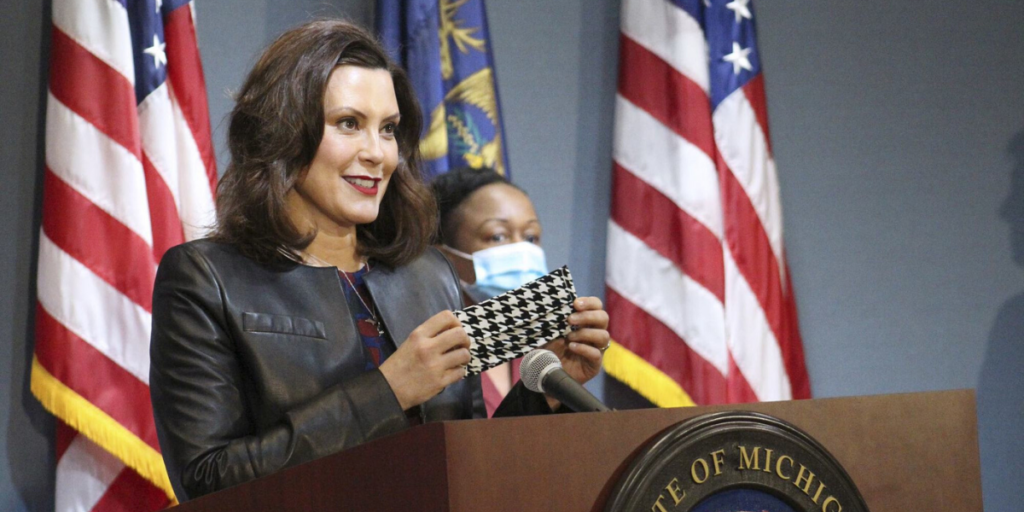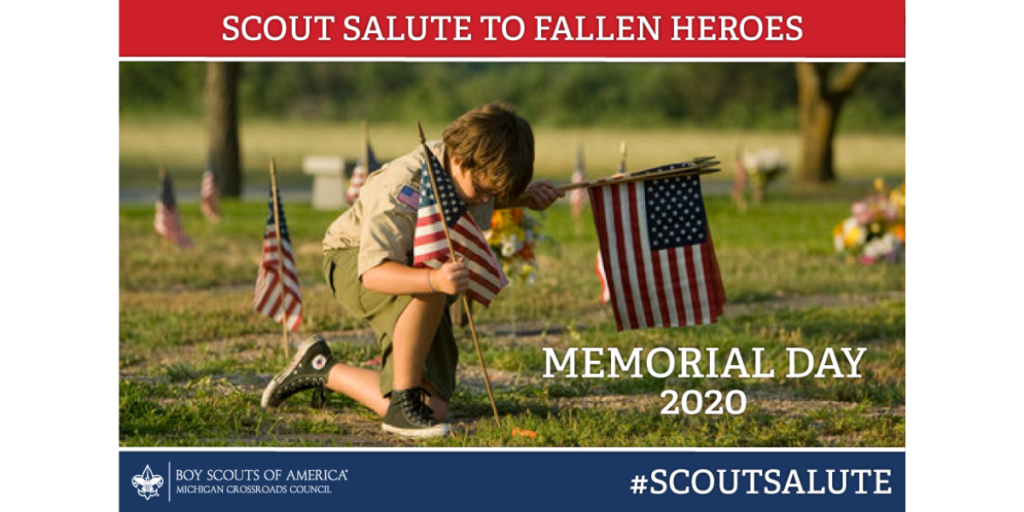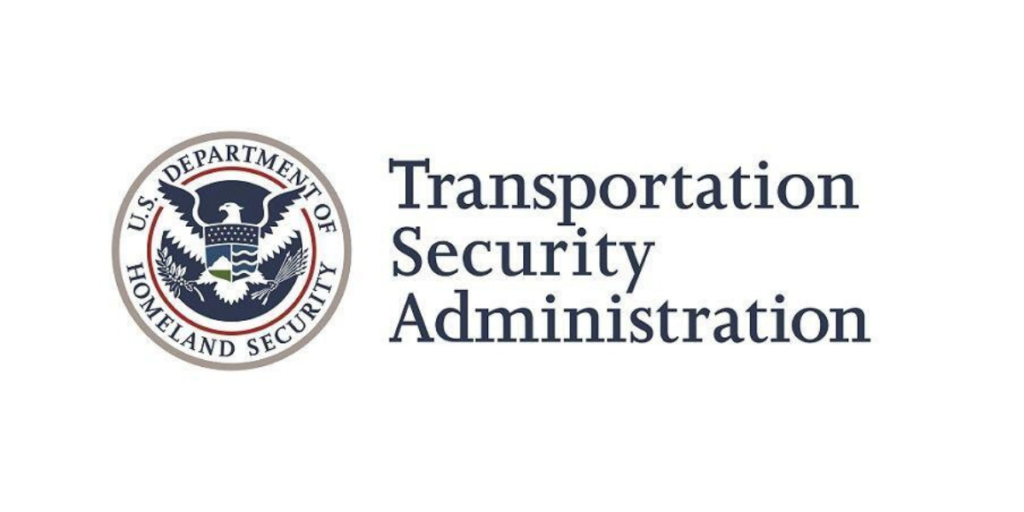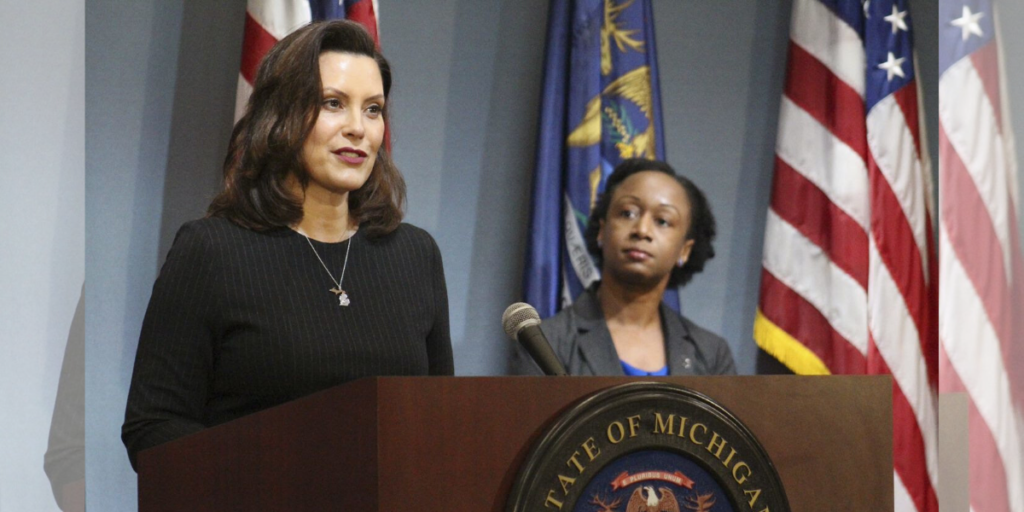Washington — With the Memorial Day holiday weekend kicking off the start of summer, the Transportation Security Administration is preparing a very different travel season given the evolving COVID-19 pandemic. TSA has implemented changes to the security screening process that reduce the potential for cross-contamination at the security checkpoint in an effort to help prevent the spread of COVID-19. TSA has already begun implementation of these changes – with more to be implemented at airport checkpoints nationwide by mid-June.
“In the interest of TSA frontline workers and traveler health, TSA is committed to making prudent changes to our screening processes to limit physical contact and increase physical distance as much as possible,” said TSA Administrator David Pekoske. “We continue to evaluate our security measures with an eye towards making smart, timely decisions benefiting health and safety, as well as the traveler experience.”
Over the past couple of weeks, TSA has experienced a steady growth of travelers coming through airport checkpoints. As procedure changes begin to rollout in the coming weeks, travelers should expect to:
Keep possession of their boarding passes. Instead of handing their boarding pass to a TSA officer at the travel document podium, travelers should now place their boarding pass (paper or electronic) on the boarding pass reader themselves. After scanning, travelers should hold their boarding pass toward the TSA officer to allow the officer to visually inspect it. This change reduces the TSA officer’s need to touch a passenger’s boarding pass thus reducing potential for cross-contamination.
Separate food for X-ray screening. Passengers should place their carry-on food items into a clear plastic bag and place that bag into a bin. Food items often trigger an alarm during the screening process; separating the food from the carry-on bag lessens the likelihood that a TSA officer will need to open the carry-on bag and remove the food items for a closer inspection. This requirement allows social distancing, reduces the TSA officer’s need to touch a person’s container of food and reduces potential for cross-contamination. TSA Precheck members do not need to remove items from their bags.
Pack smart. Passengers should take extra care to ensure that they do not have any prohibited items, such as liquids, gels or aerosols in quantities greater than 3.4 ounces, in their carry-on bags (water bottles, shampoo). In response to COVID-19, TSA is allowing one liquid hand sanitizer container, up to 12 ounces per passenger, in carry-on bags. Passengers are required to remove the hand sanitizer from the carry-on bag before being submitted for x-ray screening. If a bag is found to contain a prohibited item, passengers may be directed to return to the divestiture table outside of security with their carry-on bags to remove the item and dispose of the item. The passenger may also be directed back outside of security to remove, items that should have originally been divested (such as laptops, liquids, gels, and aerosols, and large electronics) and resubmit their property for X-ray screening. By resolving alarms in this manner, TSA officers will need to touch the contents inside a carry-on bag much less frequently, reducing the potential for cross-contamination.
Practice social distancing. Passengers should allow for social distancing to reduce direct contact between employees and travelers whenever possible without compromising security. Noticeable adjustments leading up to the security checkpoint include, increasing the distance between individuals as they enter the security checkpoint, placing visual reminders of appropriate spacing on checkpoint floors and staggering the use of lanes where feasible. No two airports are alike, so this could look a little different at each airport.
Wear facial protection. TSA officers at checkpoints are now using facial protection. Travelers are encouraged to wear face protection to the checkpoint as well. Please note, however, passengers may need to adjust it during the screening process. Travelers are also encouraged to remove items such as belts, and items from their pockets, like wallets, keys and phones, and put them directly into their carry-on bags instead of into the bins to reduce touch-points during the screening process.
Travelers who have not flown since the pandemic are also likely to notice some other changes. They include:
- Reduced security lane usage due to the reduction in passenger volume.
- All TSA officers at checkpoints wearing masks and gloves.
- TSA officers optionally wearing eye protection and clear plastic face shields at some locations.
- TSA officers will continue the practice of changing gloves after each pat-down.
- Plastic shielding installed at many travel document checking podiums, divest, bag search and drop off locations.
- TSA officers practicing social distancing.
- Routine cleaning and disinfecting of frequently touched surfaces in the screening checkpoint area.
Many airlines and airports are also providing specific COVID-19 related guidance to travelers; please check with your airline prior to your trip. Travelers are encouraged to arrive at the airport early as COVID-19 has affected staffing and operations across the airport environment. This will allow adequate time for checking bags, completing security screening and getting to the departure gate. Individuals who were traveling in the early months of the pandemic became accustomed to arriving at the security checkpoint shortly before their flight departure time. TSA recommends that travelers no longer do so (or arrive well in advance of their flight) since more people are flying and new procedures such as social distancing have been implemented in airports, potentially adding time to the pre-flight experience.
For more information on the TSA security screening process during the pandemic, visit www.tsa.gov/coronavirus.






